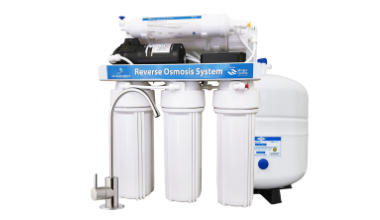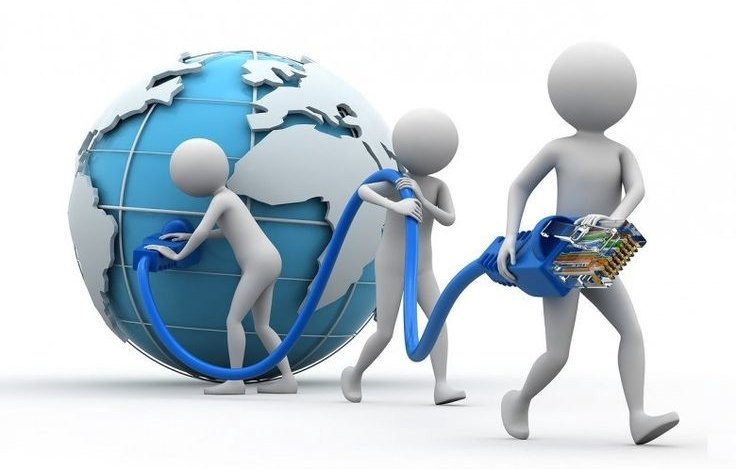Cybersecurity products and services can be software, hardware, or a combination of both. These products and services offer a range of solutions to protect against cyber attacks, including firewalls, antivirus software, malware protection, and web security. These products and services can be used to protect individual computers and networks, as well as cloud-based systems.
There is a whole range of cyber security products and services that can be used to protect organizations from cyber attacks, such as:

Image Source: Google
Antivirus Software: Antivirus software is designed to detect, block, and remove malicious software, such as viruses and malware.
Firewalls: Firewalls are a type of security software that protects networks from unauthorized access.
Network Security: Network security solutions protect networks from external threats, such as hackers.
Data Encryption: Data encryption solutions protect data from being accessed by unauthorized users.
Intrusion Detection: Intrusion detection solutions monitor networks for signs of malicious activity.
Cyber security products and services offer a range of benefits to organizations, such as:
Increased Security: Cyber security products and services help to protect organizations from cyber attacks, such as data breaches, malware, and ransomware.
Improved Efficiency: Cyber security solutions can help organizations to increase their efficiency by reducing the amount of time spent on security-related tasks.
Improved Compliance: Cyber security solutions can help organizations to comply with regulations, such as data privacy laws.
Conclusion
Cyber security products and services are essential for organizations to protect themselves from cyber attacks. These products and services can help organizations to increase their security, efficiency, and compliance with regulations.


